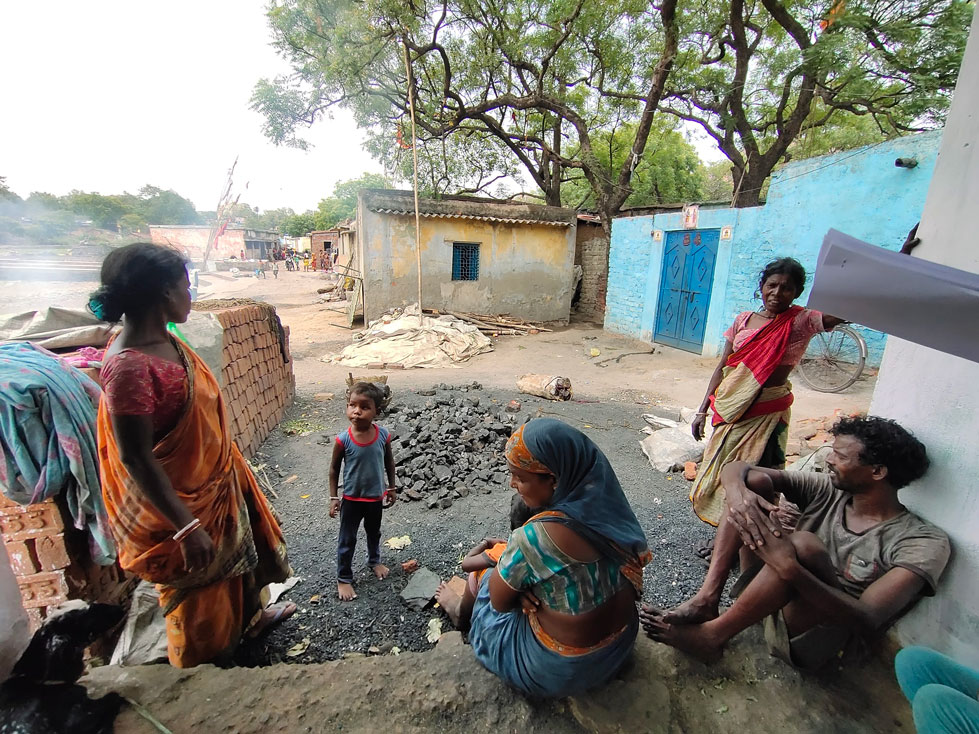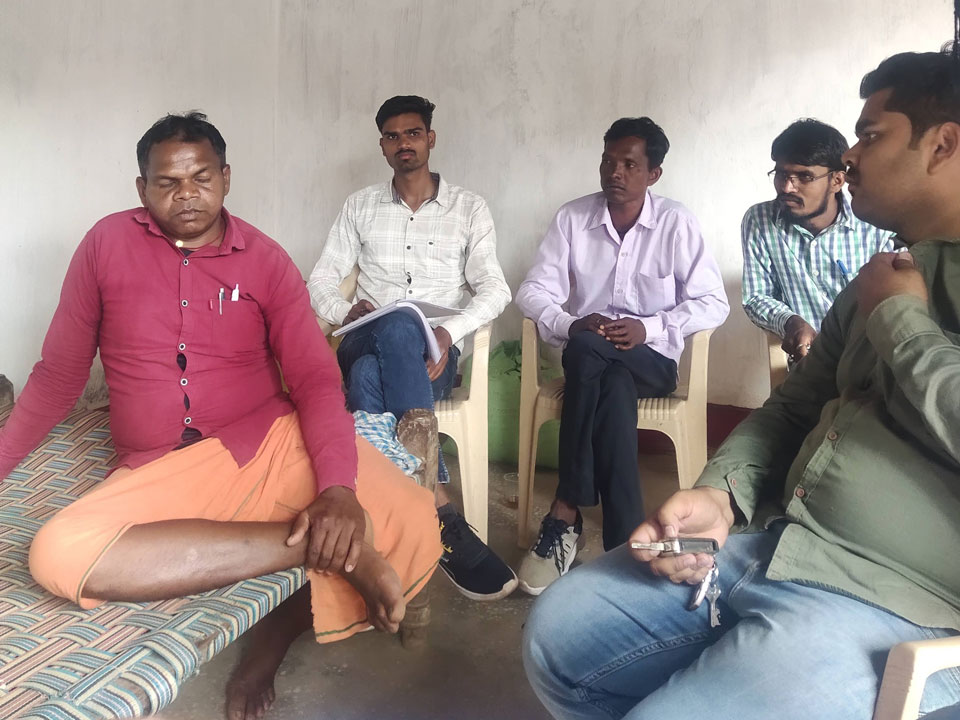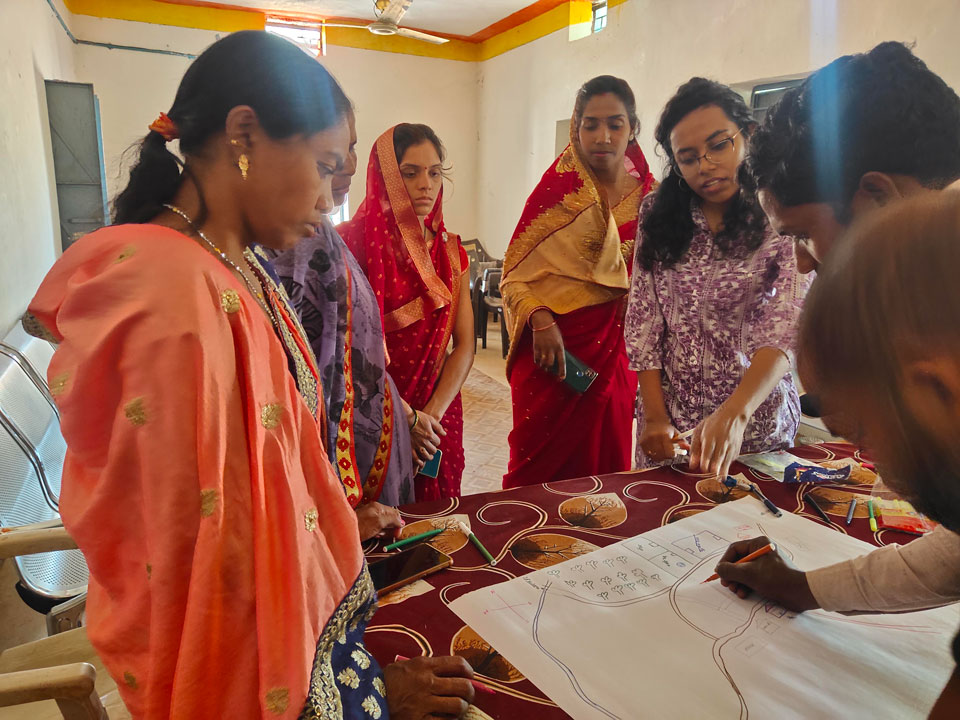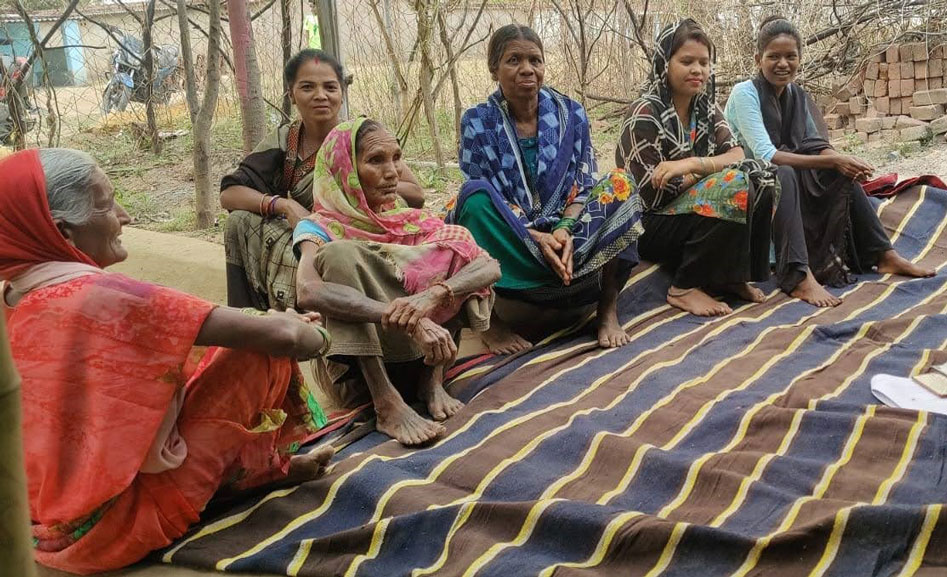PILOT INITIATIVE FOR A PEOPLE-CENTRIC TRANSITION IN GIRIDIH, JHARKHAND
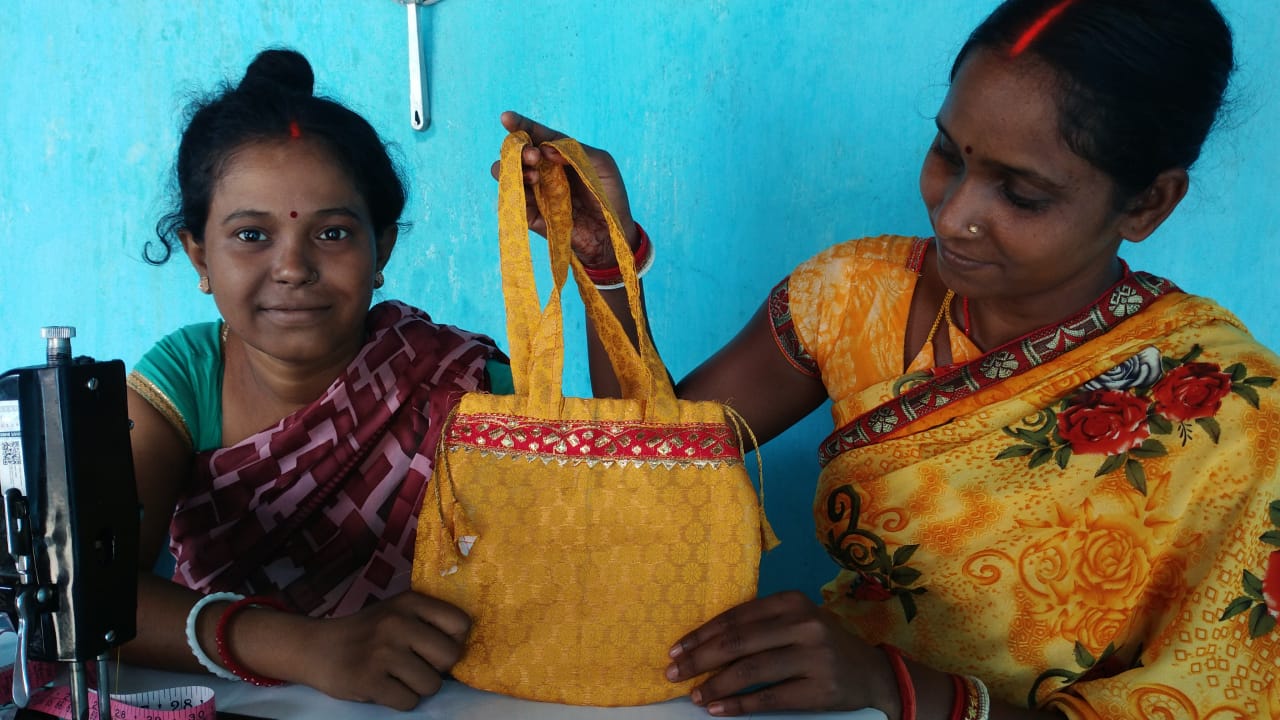
0 Comments
We are proud to share that during the past five months, we’ve made a relentless effort in testing an idea of economic diversification in the coal belt region of Giridih, Jharkhand. We created a pathway for putting our words into action to demonstrate how a successful transition away from fossil fuels could be realized. This pilot was specifically aimed at women and adolescent girls in the Giridih open cast and Kabribad coal mines, whose lives are intrinsically linked with the local coal economy. The target group was females between 18-45 years of age who had basic reading, writing, and numerical skills. The objective was to impart both technical and soft skills to them, enabling them to plan their entrepreneurial journey. Through this intervention, we aimed to make them future-ready by enhancing their skills, which would, in turn, build their confidence and help them establish themselves as self-reliant business entrepreneurs.
As part of the well-thought-out strategy, around 160 women (40 from each gram panchayat—Kongdi and Karharbari from Giridih OC, and Chilga and Tikodih from the Kabribad mining area) were selected and provided with financial literacy training. This was done using workbooks on basic financial concepts such as income, savings, loans, and investments. From this larger group, 80 women were selected to participate in a business generation idea workshop. During this workshop, they brainstormed and discussed potential businesses that could survive and thrive in the region, while also learning about the requisite qualities to sustain these activities. This was followed by a rigorous market mapping exercise to understand the market’s demand-and-supply potential and to gauge the competitive landscape.
Once this was completed, a total of 60 women were selected for the next phase, which involved technical training for business start-ups. During this phase, they were imparted skills to start manufacturing products that have demand in the local market. The women short-listed making products like incense sticks, mops and wipers, home décor items such as cushions and designer bags, as well as beautician training, as potential business ideas. They were provided with machines for collective use to manufacture incense sticks and mops/wipers and taught how to operate these. Similarly, training was provided for stitching designer bags and running beauty parlors. Local trainers were hired to impart the necessary skills to these women.
In the final stage, 49 women came forward to join this collective effort through the formation of Joint Liability Groups (JLGs) at NABARD and started their businesses. Special effort was made to establish connections with the market, vendors were identified, and work orders were procured to create a sustainable supply chain. We are immensely proud to share that five types of enterprises were started by these women: incense stick production, mop and wiper manufacturing, production of home décor items such as handicraft cushions, cloth and jute bag production, and beauty and wellness services. These enterprises include four group enterprises and eight individual start-ups.
The effort put in over these past months has brought to the forefront stories of confidence, success, and the willingness to lead a life different from before—a life of improvement and betterment. The women wake up with a renewed hope of an alternative reality—a reality they are shaping themselves. They have mentioned how this initiative has instilled in them a sense of purpose and drive. We’re glad to note that this newfound voice and dignity have enabled them to make their own decisions and move forward with this pilot initiative.


